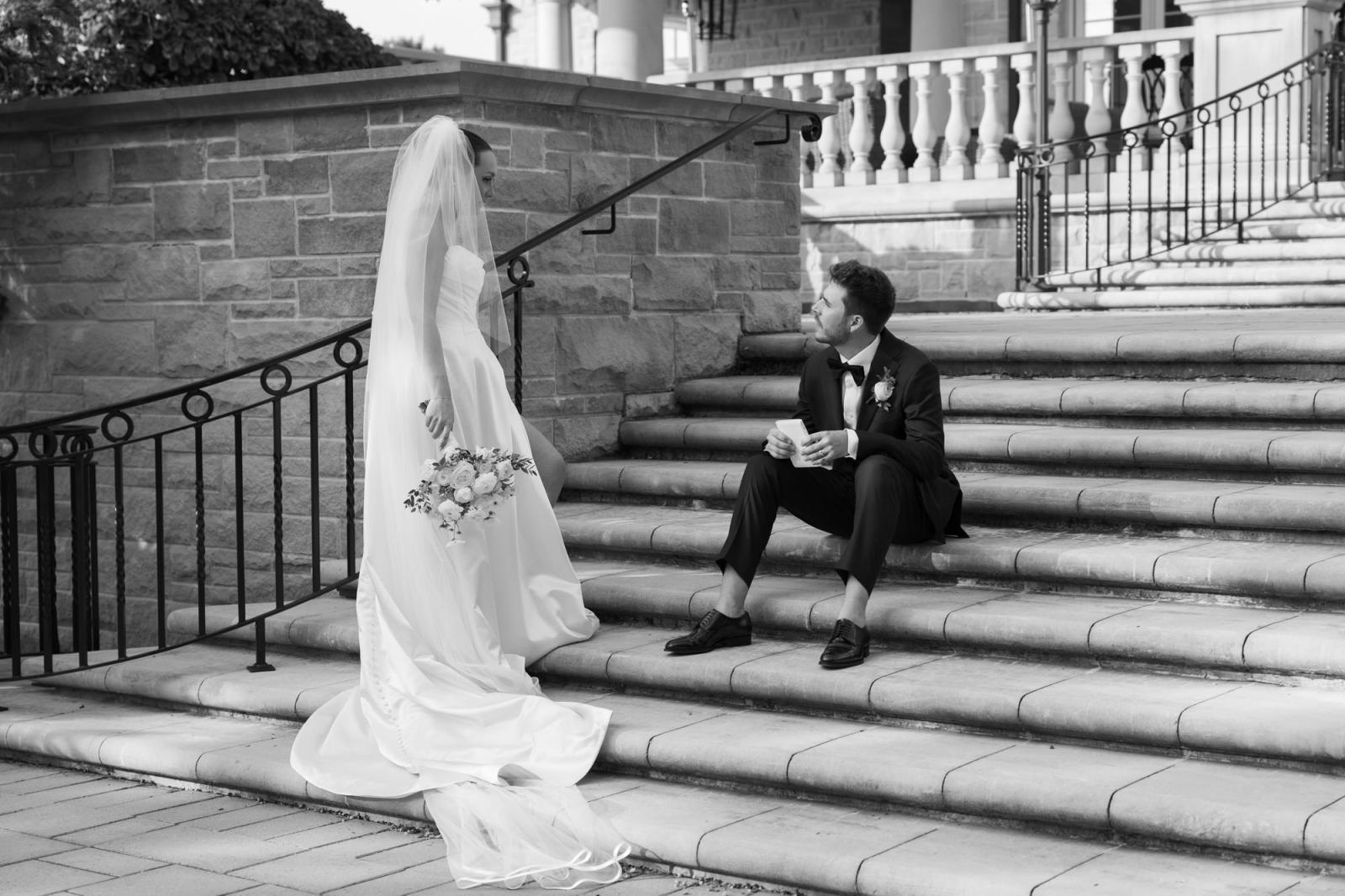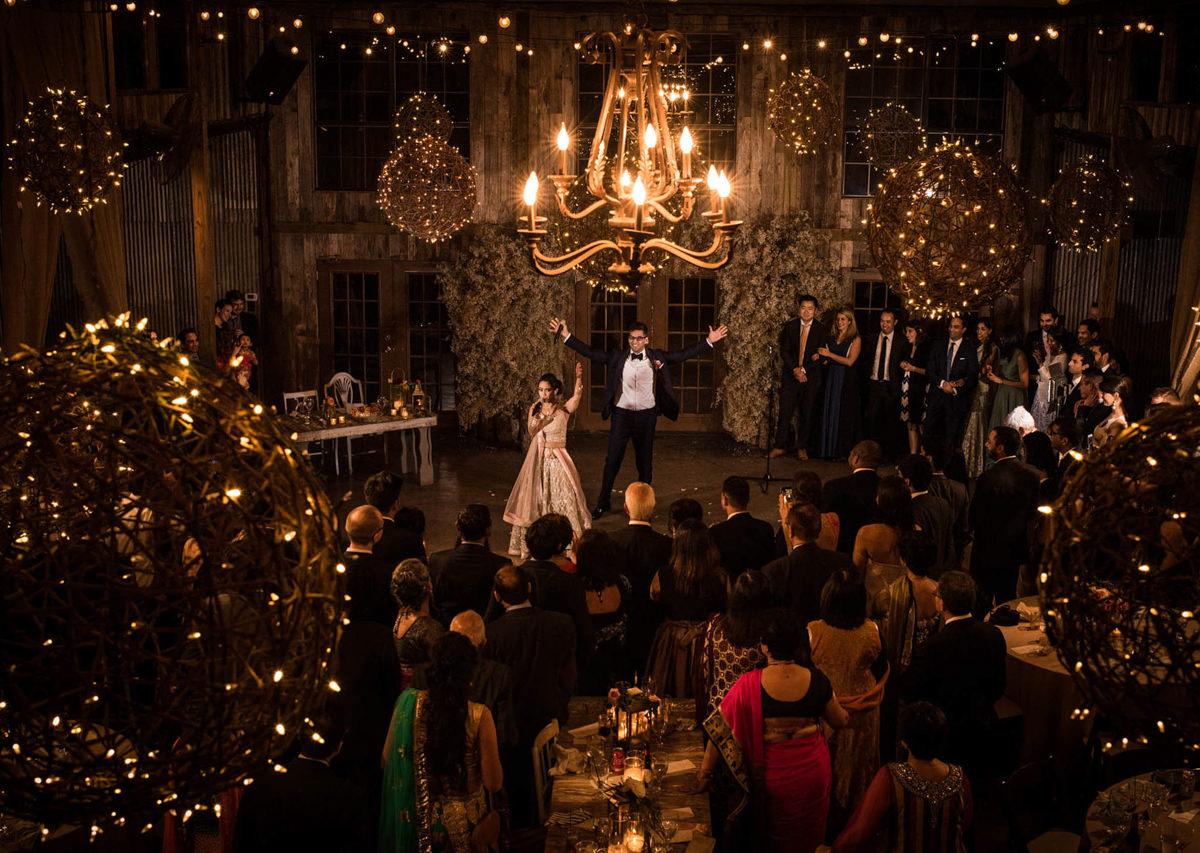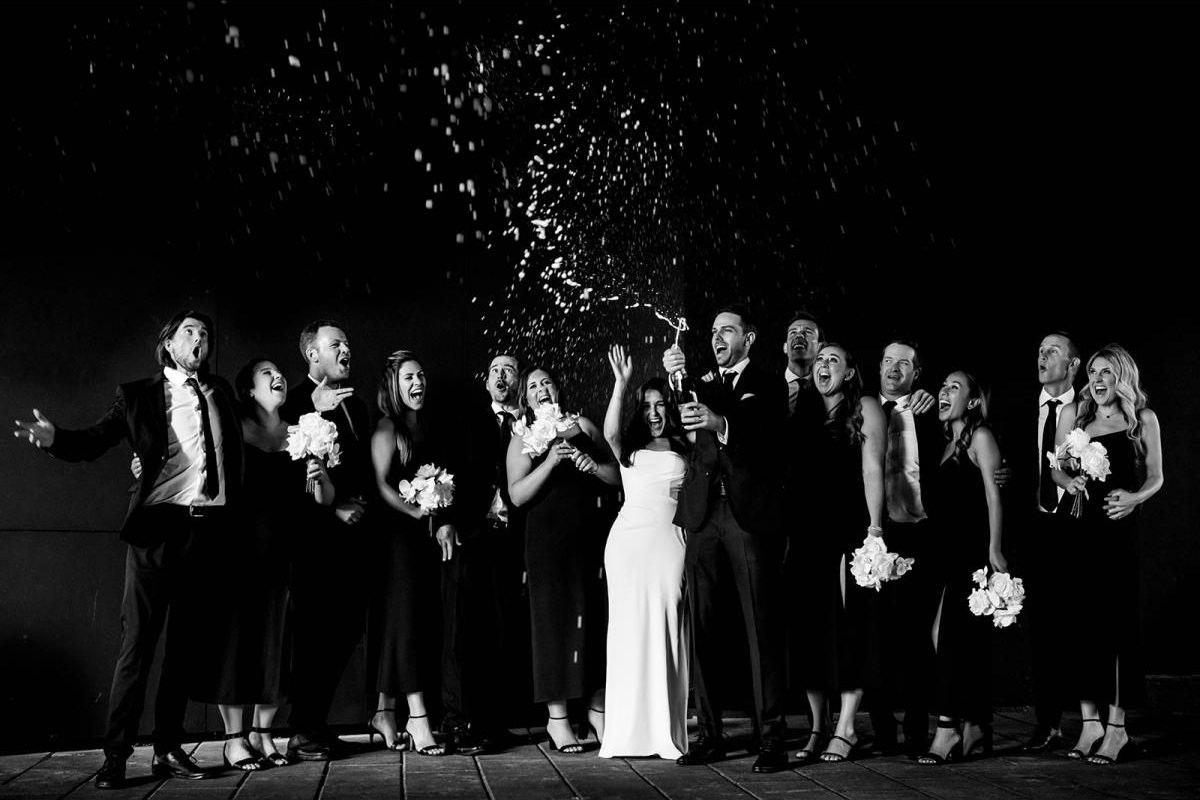If you’ve ever been to a wedding that ran late, felt chaotic, or left the couple visibly stressed—there probably wasn’t a planner or coordinator involved. From a photographer’s perspective, having that kind of support is one of the best decisions you can make.
It’s not just about logistics. It’s about protecting the joyful, connected energy that shows in your wedding photos. Here’s how hiring a planner or coordinator can elevate your photography from good to unforgettable.

What’s the Difference Between a Wedding Planner and a Day-Of Coordinator?
A wedding planner works with you from the very beginning—helping with budget planning, vendor sourcing, design concepts, and your overall timeline.
A day-of coordinator (sometimes called a month-of coordinator) usually steps in 4–6 weeks before the wedding to finalize details, communicate with vendors, and manage day-of logistics.
Some professionals offer both services—but even having one of these pros on your team can dramatically improve how your wedding photos turn out.
Read: Planner vs. Day-Of Coordinator—What’s the Real Difference?
1. They Protect the Photo Timeline
From a photographer’s point of view, the biggest threat to great photos is lost time early in the day. Hair and makeup run late. First looks get delayed. Family members disappear just as portraits begin.
A planner or coordinator builds a timeline with buffer room—and enforces it. You don’t have to play bad cop. Your photos stay on track, and golden hour doesn’t slip away.
What to Put in Your Wedding Day Timeline — According to Your Photographer

2. They Handle Chaos So You Stay Calm
Behind the scenes, things go wrong. Boutonnières go missing. The cake is late. The rings are still in the hotel room.
Without a planner? You solve the problem. With a planner? You probably won’t even know it happened—and that peace of mind shows in every frame. You’ll look calm, joyful, and emotionally present.
3. They Make Every Scene Photo-Ready
Photographers notice everything—crooked chairs, uneven signage, cluttered getting-ready rooms. A great planner ensures:
- Ceremony chairs are straight
- Florals are centred
- Signage is placed with intention
- Visual distractions are removed
That clean, styled aesthetic means better images with less editing and more impact.

4. They Keep All Vendors in Sync
When the planner, DJ, caterer, and photographer are all communicating, nothing gets missed. The coordinator keeps everyone in sync, ensuring the photographer is prepped for:
- Grand entrances
- First dances
- Cake cutting
- Low-light transitions
- Golden hour portraits
You can’t recreate these moments. Having someone keep the timeline tight means they happen on time—with the photographer ready to capture it.
Things That Always Go Wrong on Wedding Days (According to Photographers)
5. You’ll Be More Emotionally Present—Which Shows in Every Frame
The best wedding photos happen when you’re in the moment—not worrying about seating charts or vendor arrivals.
When a planner takes the stress off your shoulders, you’re free to connect with your partner, your family, and your experience. And that authenticity? It’s what makes a photo feel like your wedding.

Final Thoughts from a Photographer’s POV
You might think hiring a planner or coordinator is a luxury—but from our view behind the lens, it’s a strategic investment in both your day and your photos.
If you’re planning a wedding in Canada, revisit our full planning series for more expert guidance:
Ready to Build the Dream Team for Your Wedding?
Start with a photographer you trust. Explore our Canadian Wedding Photographer Directory to find artists who work seamlessly with planners and coordinators—and who know how to capture the magic as it unfolds.